Few people expect that squash, a common vegetable in Vietnamese family meals, has an iron content that is superior to beef. Not only that, this vegetable is also considered a “liver tonic” by traditional Chinese medicine thanks to its impressive health benefits.
Beef has long been known as an ideal source of iron, helping to prevent anemia, boost immunity and improve memory.
However, according to data from the United States Department of Agriculture (USDA), 100g of cooked squash contains up to 3.2mg of iron, while the same weight of beef only provides about 2.6mg.
This makes squash one of the rare plant sources of iron that contains higher levels than animal foods.
Not stopping there, squash is also a "nutrient storehouse" providing more than 10 essential vitamins and minerals.
100g of squash contains about 2.72g of protein, 2.7g of fiber, and important minerals such as potassium, phosphorus, calcium, magnesium, zinc, copper and selenium. It is also a rich source of vitamins such as A, C, K and group B.
Many benefits for the liver, cardiovascular system and digestive system
Not only highly appreciated by nutritionists, squash is also considered by traditional Chinese medicine as an effective medicine to support detoxification and liver care.

Pumpkin is a familiar dish of Vietnamese people (Photo: Getty).
According to Sohu, Dr. Ren Beihua, working at the Department of Traditional Medicine at the Affiliated Hospital of Guangzhou University, said that squash has a cool nature, a slightly bitter taste, and the effects of clearing heat, detoxifying, reducing inflammation, and diuresis. In ancient medical books, squash is often used to support the treatment of conditions such as boils, rashes, jaundice, and mild digestive disorders.
Some traditional medicine documents also compare squash to a “natural liver tonic”. When used regularly in the right amount, squash can help the liver eliminate toxins more effectively, thereby helping to reduce the burden on the liver and enhance the body's detoxification function.
Squash can also help protect heart health thanks to its high potassium, fiber, and B vitamins. These components help regulate blood pressure, stabilize heart rate, and reduce blood cholesterol. These are important factors in preventing cardiovascular disease.
In addition, the rich fiber content and some amino acids in squash also help improve digestion, increase intestinal motility, prevent constipation and reduce the risk of chronic digestive disorders.
Squash is also highly valued for boosting the immune system, helping the body fight pathogens from the environment.
Popular vegetable, easy to grow and easy to prepare
In Vietnam, squash is harvested from the young shoots and leaves of the squash plant. This is a popular agricultural crop that can be grown year-round. Squash is usually grown in two main seasons, winter-spring and summer-autumn, giving good yields and being easy to care for.
In Vietnamese cuisine , squash is present in both family meals and rustic dishes at restaurants. This vegetable can be boiled, stir-fried with garlic or made into soup, combined with beef, minced meat or seafood. Thanks to its soft texture, sweet taste and light aroma, squash is suitable for many people, from children to the elderly.
A small note is that people with cold constitution or diarrhea should avoid eating raw or undercooked squash. In addition, it is necessary to choose fresh vegetables, not crushed, with clear origin to ensure food safety.
Source: https://dantri.com.vn/suc-khoe/loai-rau-viet-nhieu-sat-hon-thit-bo-duoc-vi-la-thuoc-bo-gan-20250625082306599.htm





![[Photo] General Secretary To Lam receives Australian Ambassador to Vietnam Gillian Bird](https://vphoto.vietnam.vn/thumb/1200x675/vietnam/resource/IMAGE/2025/6/26/ce86495a92b4465181604bfb79f257de)


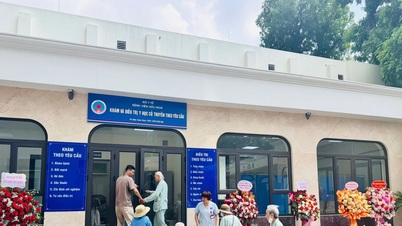






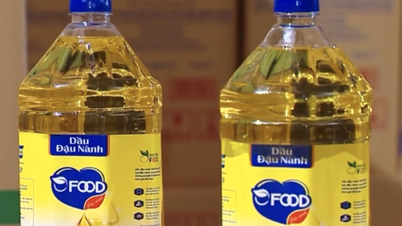



















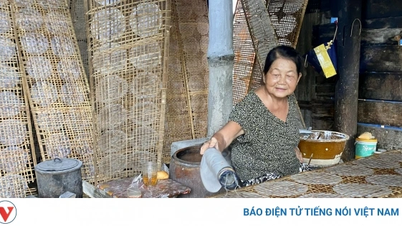

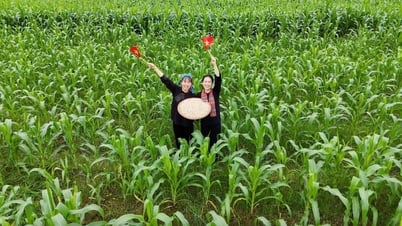

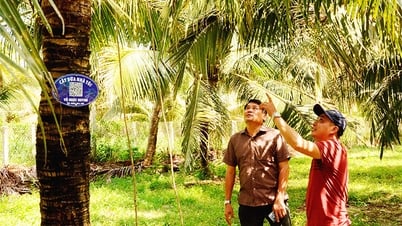




































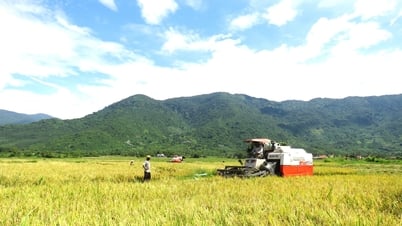














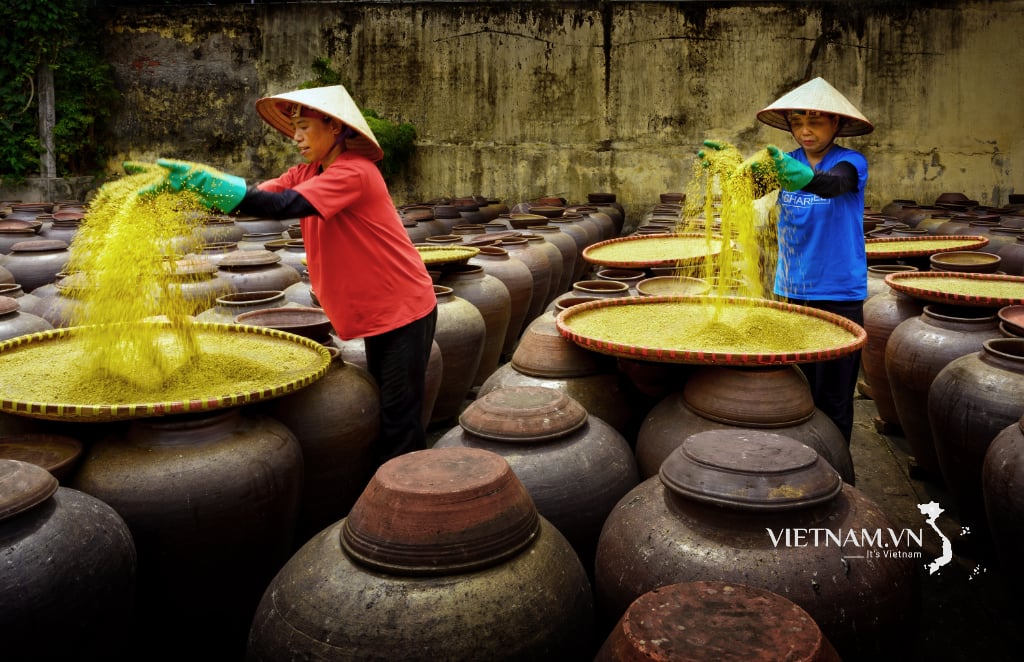

Comment (0)